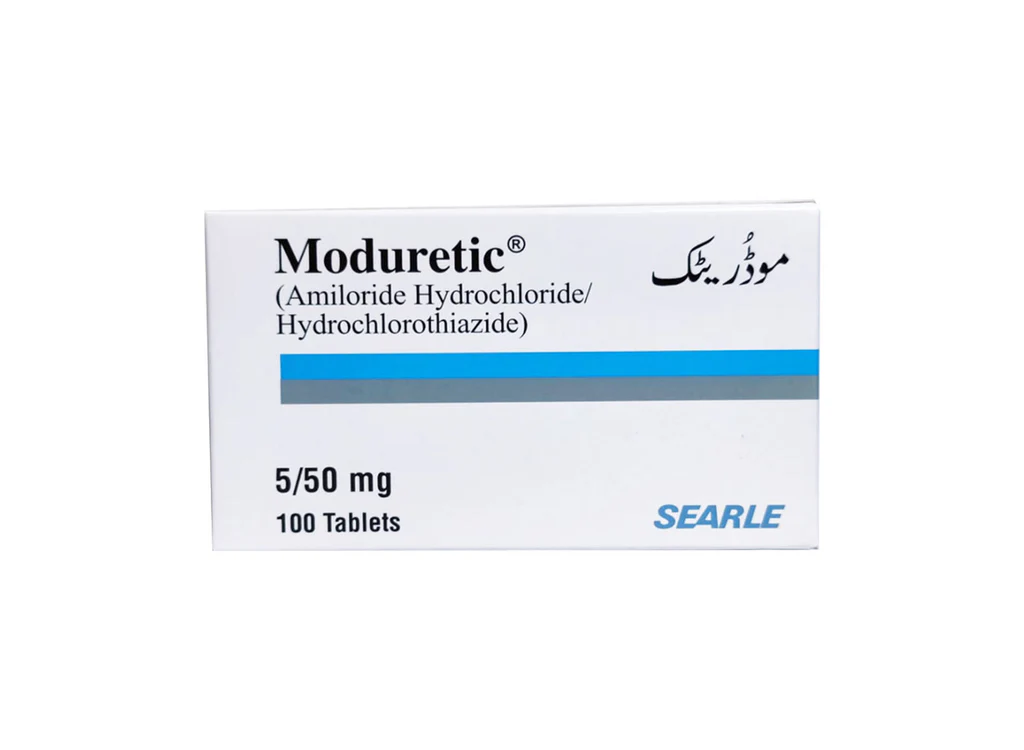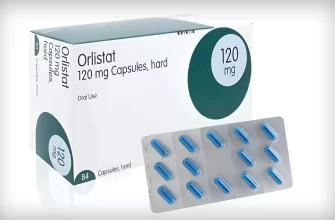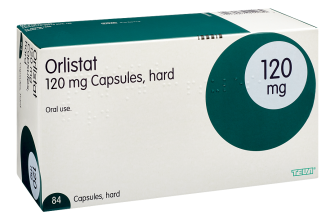Need a clear picture of Moduretic? This medication combines two active ingredients: hydrochlorothiazide, a diuretic, and amiloride, a potassium-sparing diuretic. This combination effectively lowers blood pressure by increasing urine production and managing potassium levels.
Specifically, Moduretic helps control hypertension, a condition affecting millions. Its dual-action mechanism provides a precise approach, addressing both fluid retention and potassium loss, common side effects of some diuretics. Always discuss dosage with your doctor; typical prescriptions start low and adjust based on individual responses and blood pressure readings.
Remember, potential side effects exist. These include dizziness, nausea, and changes in potassium levels. Regular monitoring of your blood pressure and potassium levels is crucial. Open communication with your healthcare provider is vital to detect and manage any adverse effects promptly and effectively. Don’t hesitate to report any unusual symptoms.
This guide provides information; it does not replace professional medical advice. Consult your physician before starting or adjusting any medication, including Moduretic. Your doctor can assess your individual health status, evaluate potential risks, and tailor a treatment plan suited to your specific needs.
Dosage and Administration: A Practical Guide
Always follow your doctor’s instructions precisely. Your prescribed dose depends on your individual health needs and response to treatment. Common starting doses range from one tablet daily to a maximum of two tablets daily, typically taken once in the morning.
Typical Dosage Regimens: Your doctor might start you on a lower dose and gradually increase it as needed. They’ll monitor your blood pressure and potassium levels closely to adjust your medication accordingly. Some patients may only require a single tablet a day to manage their condition.
Swallowing the Tablets: Swallow the tablets whole with a glass of water. Do not crush, chew, or break them. This ensures proper absorption of the medication.
Missed Dose: If you miss a dose, take it as soon as you remember, unless it’s almost time for your next dose. Never double up on doses to make up for a missed one. Contact your doctor if you consistently forget doses.
Adjustments and Monitoring: Regular check-ups with your physician are vital. They will monitor your blood pressure, potassium levels, and overall health to determine if adjustments to your Moduretic dosage are necessary. This personalized approach ensures safe and effective management of your condition.
Special Considerations: Individuals with kidney or liver problems, or those on other medications, may require dosage adjustments. Always inform your doctor of all medications you are taking, including over-the-counter drugs and supplements, to prevent potentially harmful interactions.
Storage: Store Moduretic in a cool, dry place, away from direct sunlight and moisture. Keep it out of the reach of children.
Potential Side Effects and Precautions: Recognizing and Managing Risks
Monitor your blood pressure regularly. Report any significant changes to your doctor immediately. This is crucial for safe Moduretic use.
Common Side Effects
Expect mild side effects like dizziness, lightheadedness, or headache. These usually lessen as your body adjusts. Stay hydrated to minimize these effects. If they persist or worsen, contact your physician.
Serious Side Effects: Seek Immediate Medical Attention
Rare but serious side effects include allergic reactions (rash, swelling, difficulty breathing), irregular heartbeat, jaundice (yellowing of skin or eyes), and significant changes in kidney function. These require prompt medical care. Recognize these signs and act quickly.
Avoid alcohol consumption while taking Moduretic. Alcohol can exacerbate side effects, particularly dizziness and low blood pressure.
Precautions and Interactions
Inform your doctor about all medications, supplements, or herbs you are taking. Some can interact negatively with Moduretic. Be particularly aware of potential interactions with other blood pressure medications, diuretics, and nonsteroidal anti-inflammatory drugs (NSAIDs).
Regular blood tests are usually recommended to monitor kidney function and electrolyte levels. Follow your doctor’s instructions for testing. This allows for early detection of potential problems.
Consult your doctor before making any significant dietary changes or starting strenuous exercise. Both can affect your blood pressure.
Managing Risks
Maintain a healthy lifestyle to optimize your treatment. This includes following a balanced diet low in sodium, regular exercise, and getting enough rest. These lifestyle changes can greatly improve outcomes.
Stay informed and involved in your treatment plan. Open communication with your doctor is paramount for managing any potential risks effectively and safely.
When to Consult a Doctor: Recognizing the Need for Medical Attention
Contact your doctor immediately if you experience sudden or severe swelling in your ankles, feet, or legs. This could indicate fluid retention, a potential side effect of Moduretic requiring medical attention.
Report any unusual shortness of breath or difficulty breathing. These symptoms may suggest heart or lung problems and warrant prompt medical evaluation.
If you notice a significant change in your urine output–either a dramatic increase or decrease–schedule an appointment with your doctor. Changes in urination can be indicative of underlying health issues.
Persistent dizziness or lightheadedness should not be ignored. These symptoms need a medical assessment, especially when coupled with Moduretic use.
Muscle cramps or weakness, particularly if severe or persistent, require medical attention. Your doctor can determine if these are related to your medication or another underlying condition.
Any allergic reactions, such as skin rash, hives, itching, or swelling of your face, lips, or tongue, necessitate immediate medical help. These are serious symptoms requiring prompt intervention.
Regular monitoring of your blood pressure and potassium levels is crucial while taking Moduretic. Report any abnormal results to your physician without delay.
Don’t hesitate to contact your doctor if you have any concerns about Moduretic’s effects, even if they seem minor. Open communication is key to safe and effective treatment.










